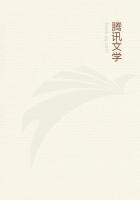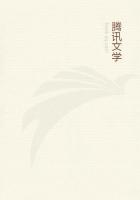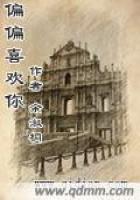No wind blows through that garden, and no sun shines on it, to discompose the melancholy workers at their task of tying Latin labels on to withered sticks.Definition and division are the watchwords of science, where art is all for composition and creation.Not that the exact definable sense of a word is of no value to the stylist; he profits by it as a painter profits by a study of anatomy, or an architect by a knowledge of the strains and stresses that may be put on his material.The exact logical definition is often necessary for the structure of his thought and the ordering of his severer argument.But often, too, it is the merest beginning; when a word is once defined he overlays it with fresh associations and buries it under new-found moral significances, which may belie the definition they conceal.This is the burden of Jeremy Bentham's quarrel with "question-begging appellatives." A clear-sighted and scrupulously veracious philosopher, abettor of the age of reason, apostle of utility, god-father of the panopticon, and donor to the English dictionary of such unimpassioned vocables as "codification" and "international,"Bentham would have been glad to purify the language by purging it of those "affections of the soul" wherein Burke had found its highest glory.Yet in censuring the ordinary political usage of such a word as "innovation," it was hardly prejudice in general that he attacked, but the particular and deep-seated prejudice against novelty.The surprising vivacity of many of his own figures, - although he had the courage of his convictions, and laboured, throughout the course of a long life, to desiccate his style, - bears witness to a natural skill in the use of loaded weapons.He will pack his text with grave argument on matters ecclesiastical, and indulge himself and literature, in the notes with a pleasant description of the flesh and the spirit playing leap-frog, now one up, now the other, around the holy precincts of the Church.Lapses like these show him far enough from his own ideal of a geometric fixity in the use of words.The claim of reason and logic to enslave language has a more modern advocate in the philosopher who denies all utility to a word while it retains traces of its primary sensuous employ.The tickling of the senses, the raising of the passions, these things do indeed interfere with the arid business of definition.None the less they are the life's breath of literature, and he is a poor stylist who cannot beg half-a-dozen questions in a single epithet, or state the conclusion he would fain avoid in terms that startle the senses into clamorous revolt.
The two main processes of change in words are Distinction and Assimilation.Endless fresh distinction, to match the infinite complexity of things, is the concern of the writer, who spends all his skill on the endeavour to cloth the delicacies of perception and thought with a neatly fitting garment.So words grow and bifurcate, diverge and dwindle, until one root has many branches.
Grammarians tell how "royal" and "regal" grew up by the side of "kingly," how "hospital," "hospice," "hostel" and "hotel" have come by their several offices.The inventor of the word "sensuous" gave to the English people an opportunity of reconsidering those headstrong moral preoccupations which had already ruined the meaning of "sensual" for the gentler uses of a poet.Not only the Puritan spirit, but every special bias or interest of man seizes on words to appropriate them to itself.Practical men of business transfer such words as "debenture" or "commodity" from debt or comfort in general to the palpable concrete symbols of debt or comfort; and in like manlier doctors, soldiers, lawyers, shipmen, -all whose interest and knowledge are centred on some particular craft or profession, drag words from the general store and adapt them to special uses.Such words are sometimes reclaimed from their partial applications by the authority of men of letters, and pass back into their wider meanings enhanced by a new element of graphic association.Language never suffers by answering to an intelligent demand; it is indebted not only to great authors, but to all whom any special skill or taste has qualified to handle it.
The good writer may be one who disclaims all literary pretension, but there he is, at work among words, - binding the vagabond or liberating the prisoner, exalting the humble or abashing the presumptuous, incessantly alert to amend their implications, break their lazy habits, and help them to refinement or scope or decision.He educates words, for he knows that they are alive.
Compare now the case of the ruder multitude.In the regard of literature, as a great critic long ago remarked, "all are the multitude; only they differ in clothes, not in judgment or understanding," and the poorest talkers do not inhabit the slums.

